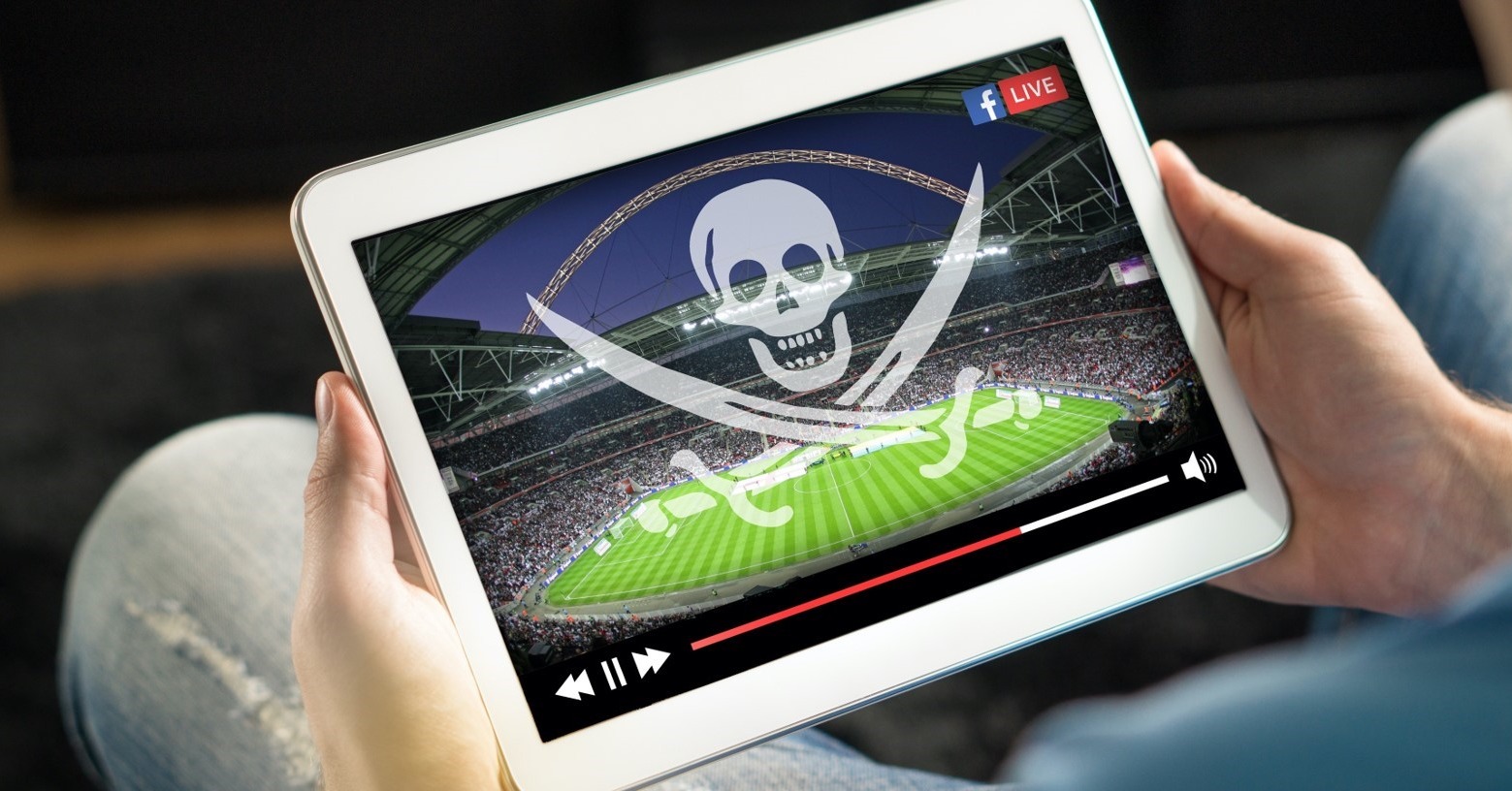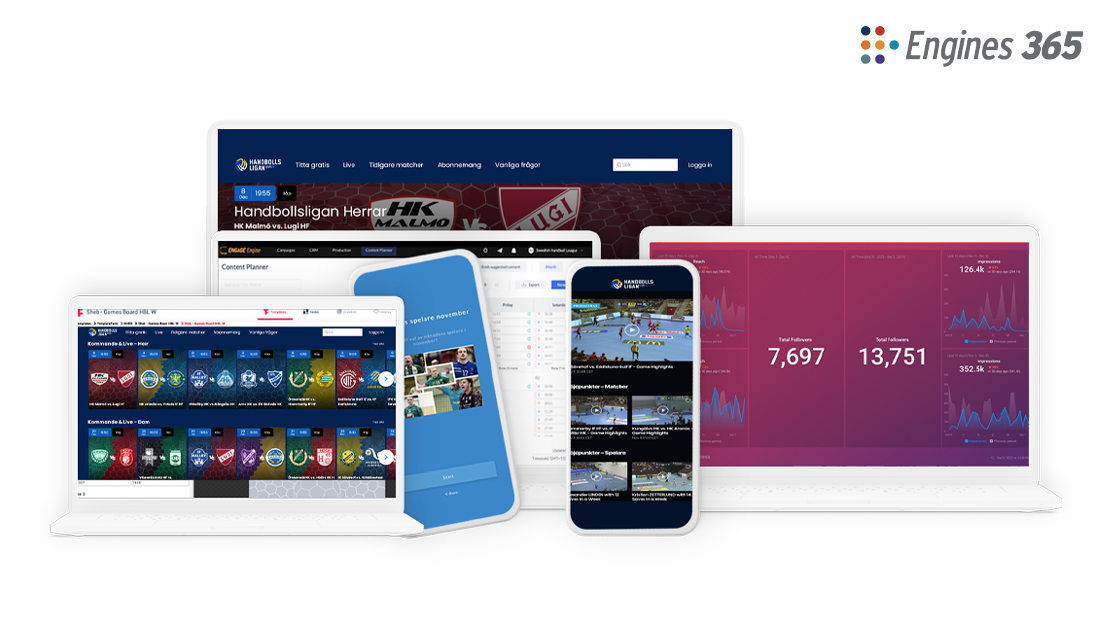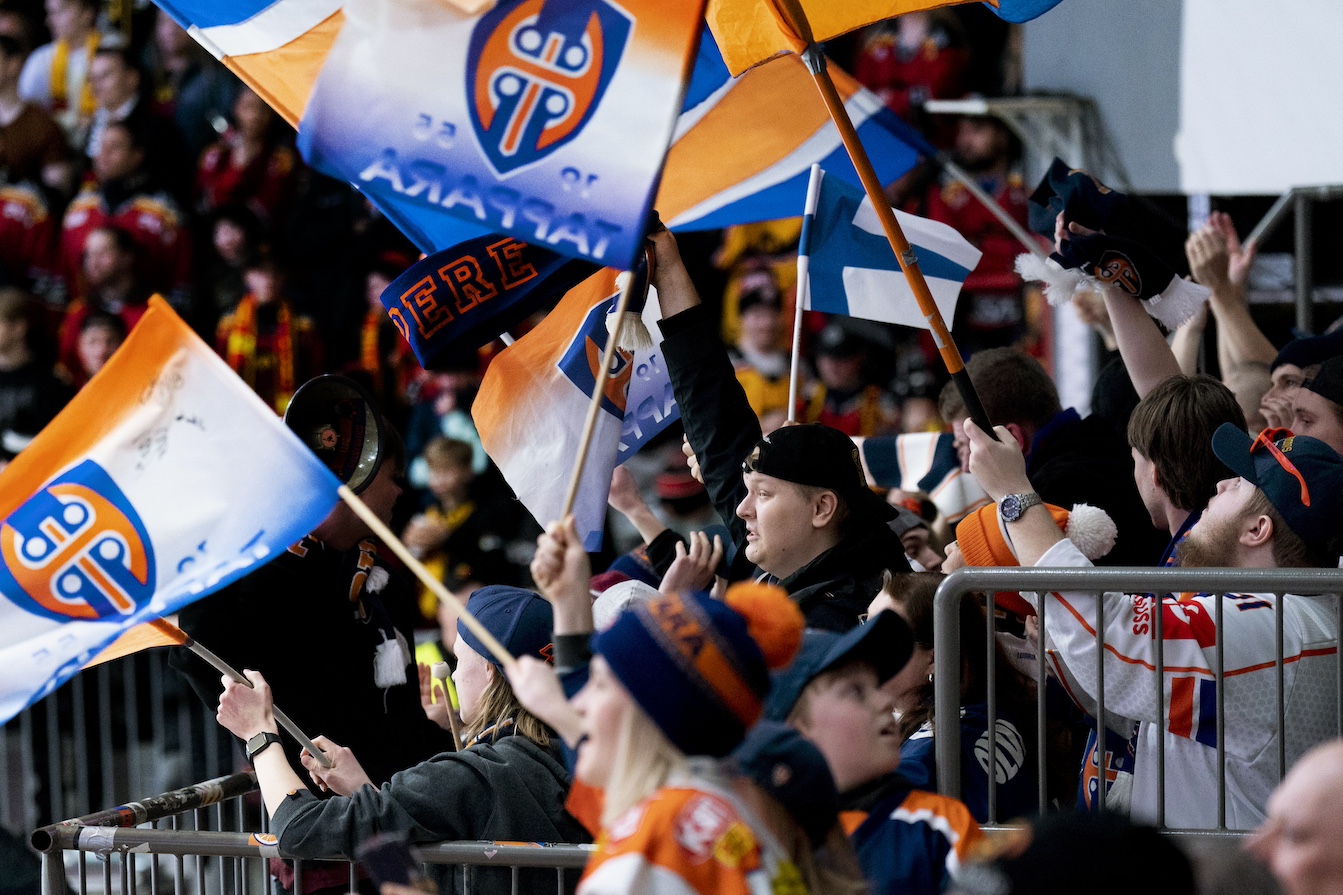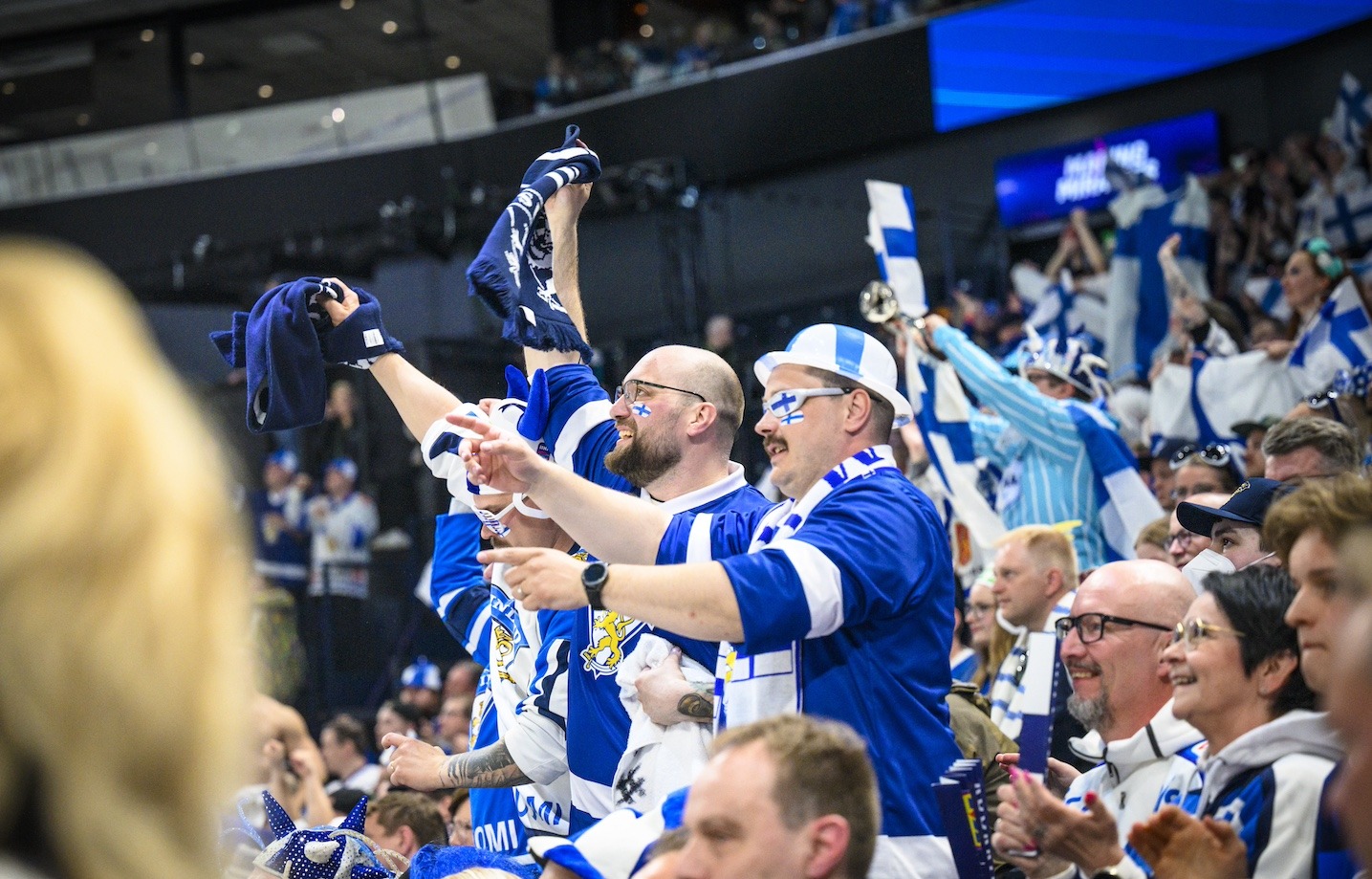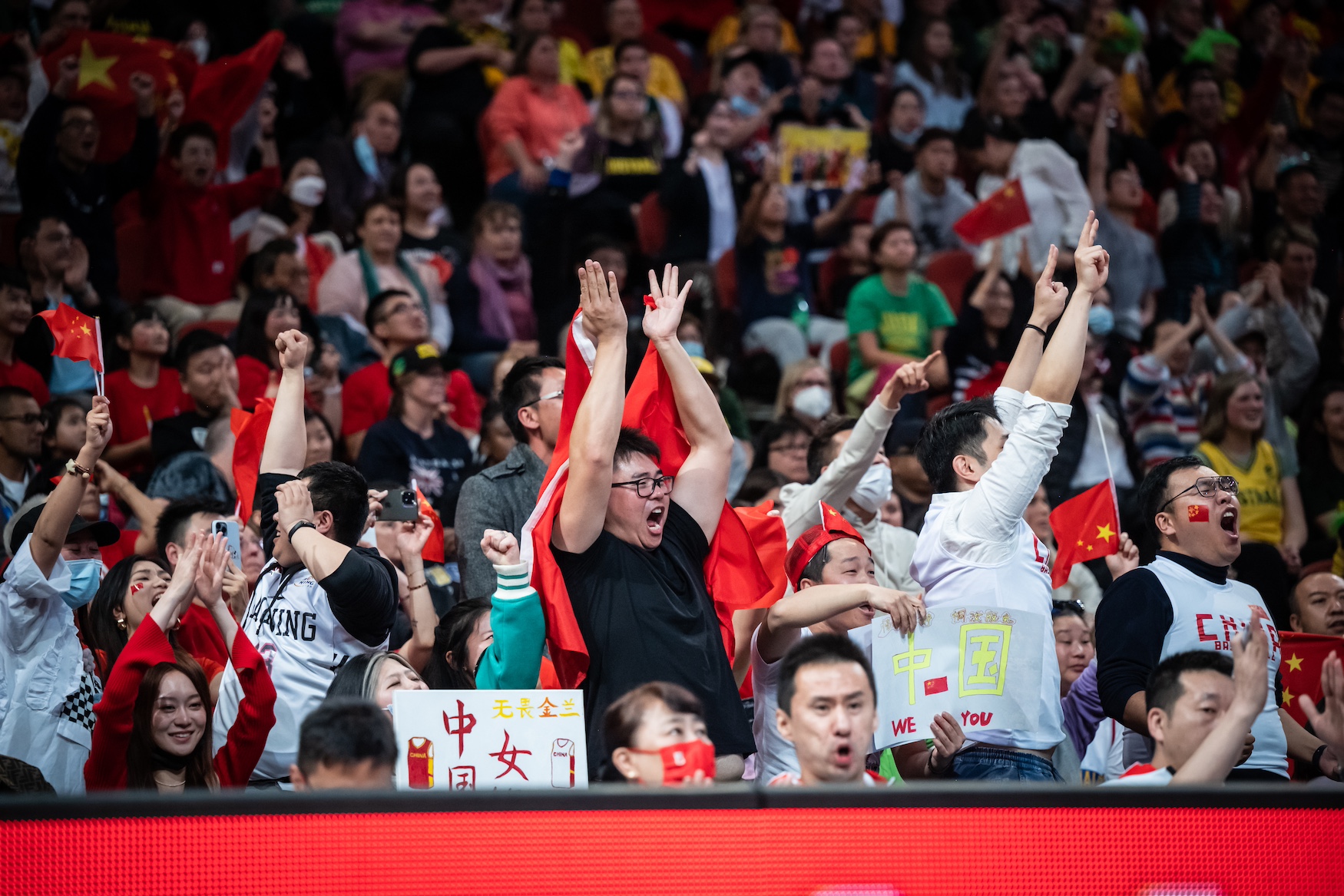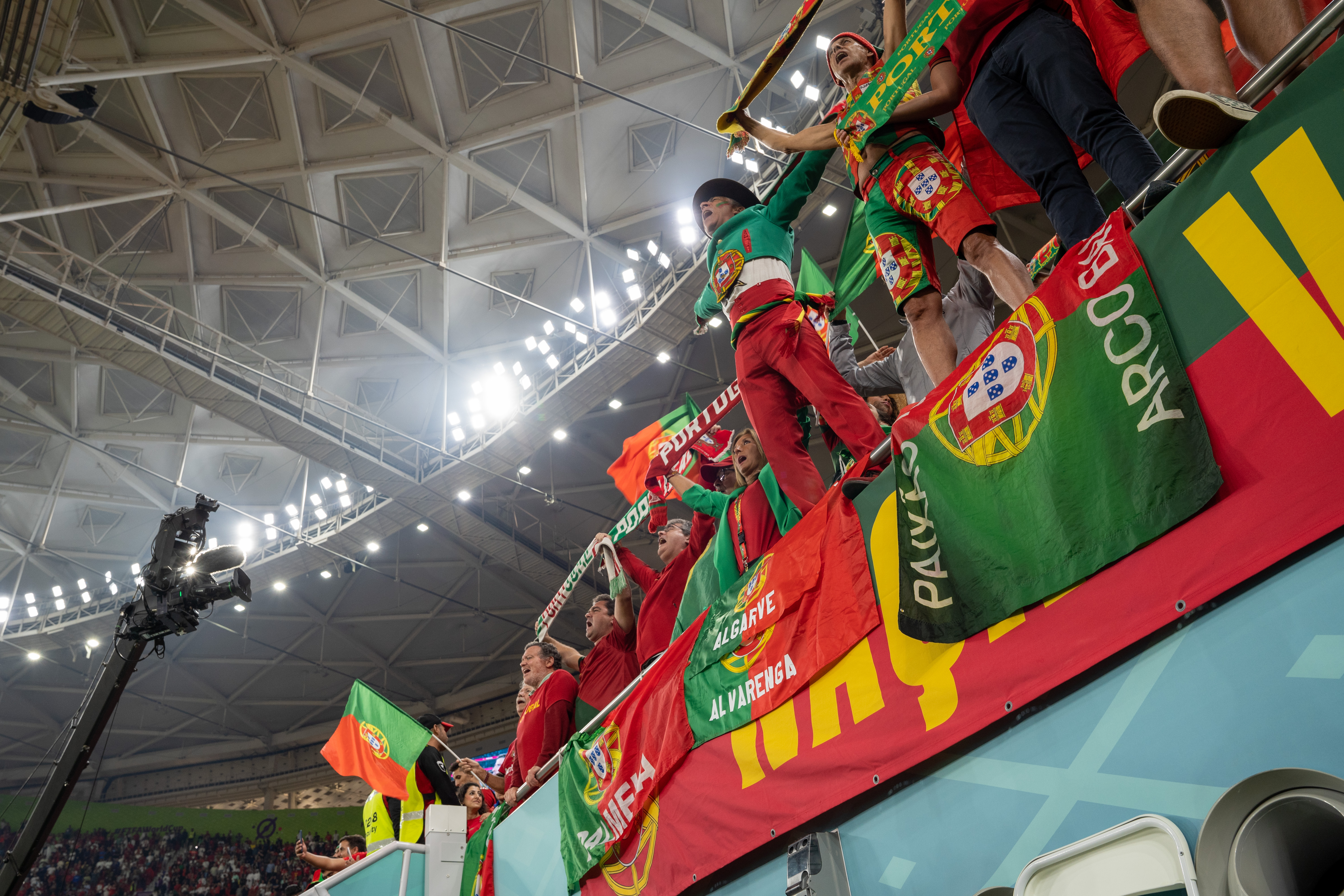Forget generic marketing – what if you could speak directly to each of your fans based on what they like? No more one-size-fits-all campaigns; personalising every interaction, from email greetings to concession stand recommendations, all based on a fan's unique preferences.
In the world of sports marketing, a powerful tool is emerging that allows you to understand your fans on a personal level and create experiences that truly resonate: first-party data.
What is first-party data?
First-party data is information your organisation collects directly from your fans. This includes things like ticket purchases, merchandise purchases, website and app activity, and even survey responses. It's valuable because it provides a clear picture of who your fans are and what makes them tick.
Until recently, many clubs and sports organisations purchased this type of information from a third party, meaning they paid extra to receive the data and the data wasn’t always reliable because it was based on online user behavior. Now, with the ability to collect on their own, clubs and organisations are able to receive reliable data directly from fans. This is data they exclusively own, without any third party intervention.
Unlocking Fan Engagement with Insights
By analysing this data, you gain unique insights into fan preferences and behaviours. You can see which players are most popular, what kind of merchandise sells best, and even how long fans typically stay at the stadium after games. This goldmine of information allows you to tailor experiences that truly resonate with your fans.
Strategies for supercharged fan engagement
Here's how you can leverage first-party data to create a winning fan engagement strategy:
- Personalised marketing: Craft targeted email campaigns, social media content, and advertisements based on fan data. This could include sending birthday discounts on jerseys to loyal fans or tickets for games based on geo-locations.
- Customised fan experiences: Offer unique game day experiences based on fan interests. Die-hard fans might enjoy exclusive meet-and-greets, while families might appreciate discounted concession packages.
- Data-driven merchandising: Use purchasing data to inform what merchandise you stock and promote. This ensures fans find the gear they truly want, boosting sales and satisfaction.
- Enhanced digital platforms: Personalise your website and app to display relevant content and recommendations for each fan. This keeps them engaged and coming back for more.
- Targeted ticketing strategies: Use dynamic pricing and personalised ticket packages to cater to different fan segments. This could mean offering discounts to young fans or weekend packages for out-of-town supporters.
Remember, trust is paramount. Be transparent about how you collect and use data, and always comply with data protection regulations.
The future of fan engagement is here
By leveraging first-party data, sports organisations can build stronger relationships with their fans, fostering loyalty and creating a truly engaging experience. Investing in data analytics capabilities is no longer a luxury, it's a necessity in today's competitive sports landscape.
Want to dive even deeper into fan preferences? Learn more about first and zero-party data and how Activation Engine can help you collect fan data.

